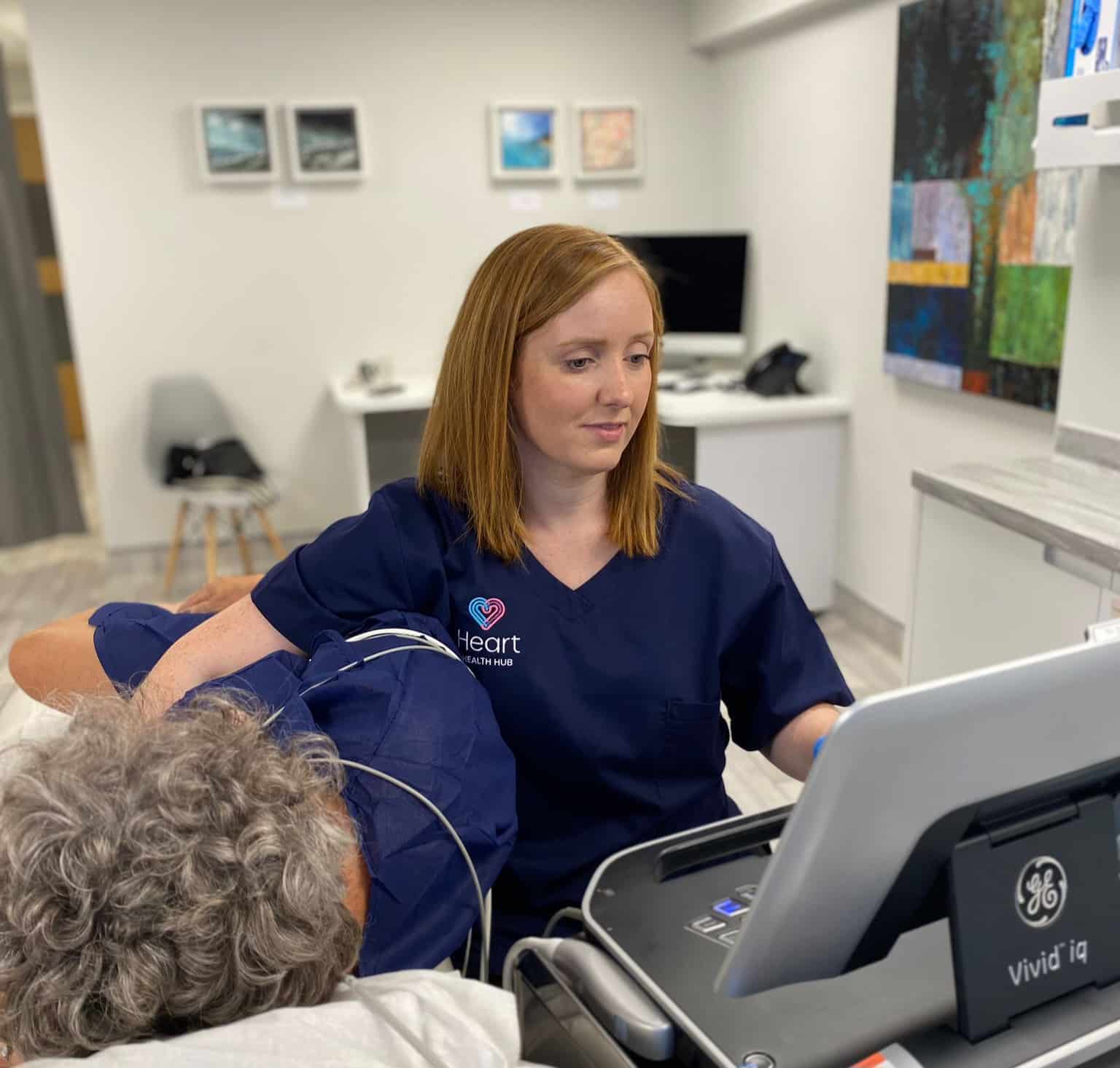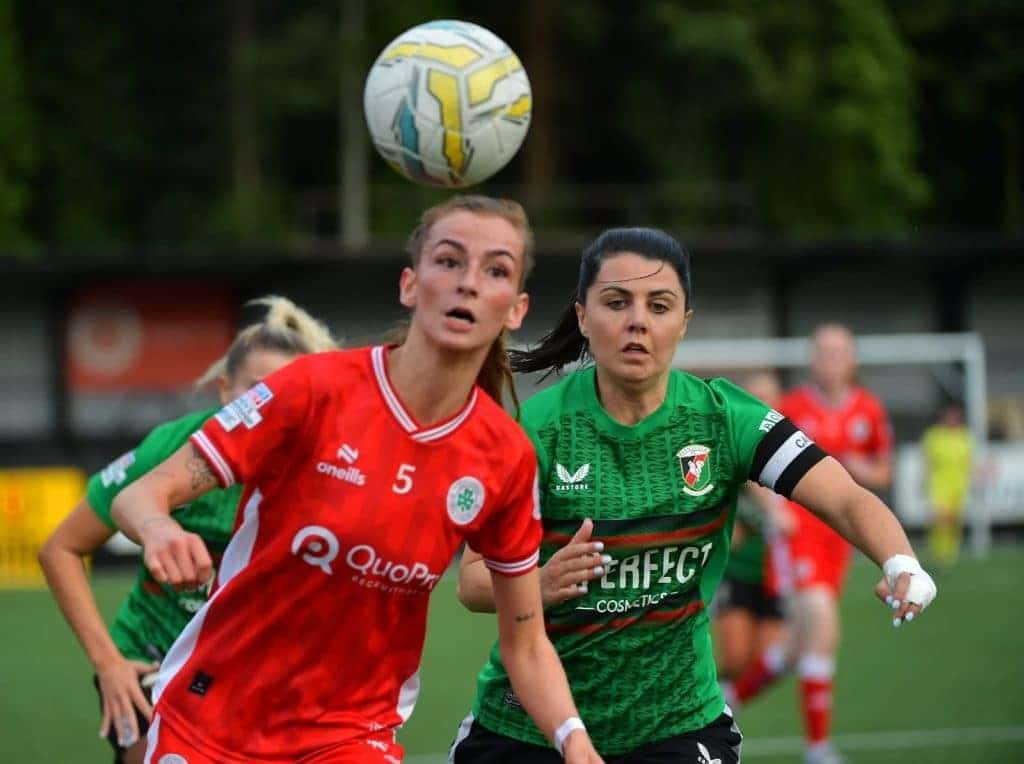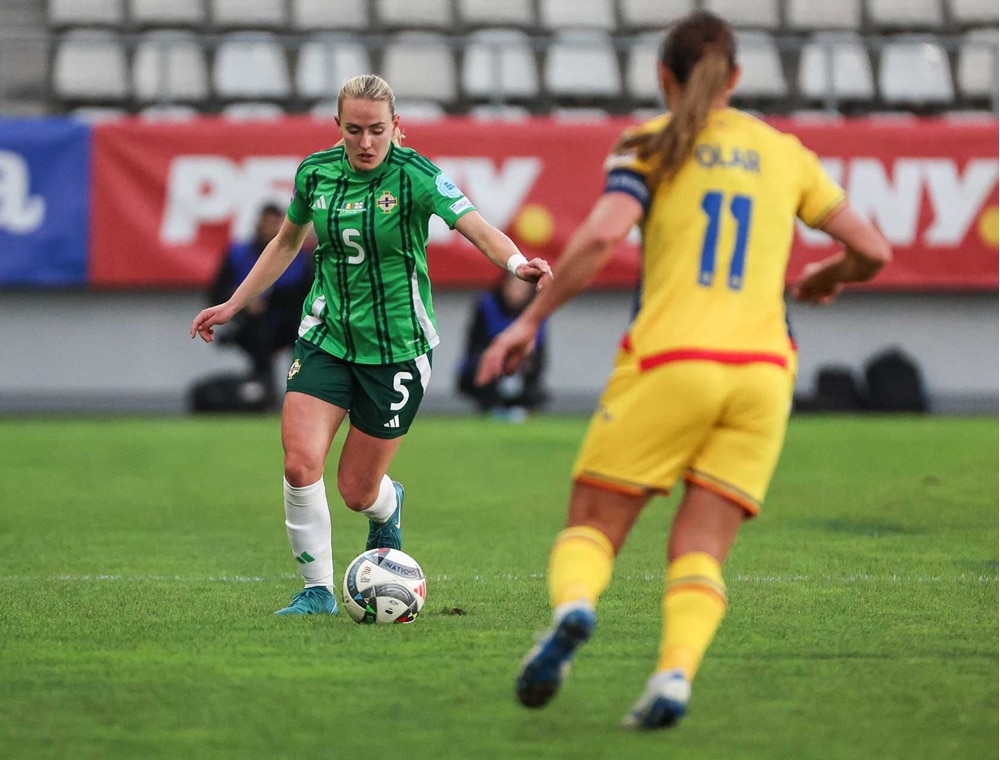AS World Heart Day 2025 approaches on Monday, September 29, women across Northern Ireland are being encouraged to prioritise their heart health — both on and off the pitch.
Heart disease is still one of the leading causes of death in women, yet it’s often misunderstood, underdiagnosed, and under-discussed — especially in younger, active women.
This year’s World Heart Day theme, ‘Don’t Miss a Beat,’ serves as a timely reminder that heart health matters at every age and activity level. Whether you’re playing elite football or just starting out at your local gym, your heart should be part of your fitness focus.
Active Doesn’t Always Mean ‘Low Risk’
While regular exercise is one of the best ways to prevent heart disease, being fit doesn’t mean you’re immune to cardiac conditions. For women in sport, early detection of underlying heart issues can be lifesaving.
Women, particularly athletes, often dismiss heart-related symptoms as exhaustion or stress. We’re working to change that by making heart checks quick, accessible, and stigma-free.
Heart Health Hub, a new independent cardiac diagnostic, screening and rehabilitation service working in Northern Ireland, offers cardiac screening services for local sports clubs and athletes, including partnerships with Irish Premiership football clubs including Linfield FC, Bangor FC and other grassroots and elite-level organisations.
What Athletes Should Watch For
Many symptoms of heart conditions are often missed or misdiagnosed in women, especially in younger athletes. These include:
- Abnormal shortness of breath during or after exercise
- Palpitations or irregular heartbeat
- Chest tightness or unusual fatigue
- Dizziness or fainting
- Swelling in legs or feet
- Heart murmurs picked up during routine checks
If something feels off, it’s always better to get it checked. Some conditions may not stop you from playing now, but could affect you later — especially if undetected.
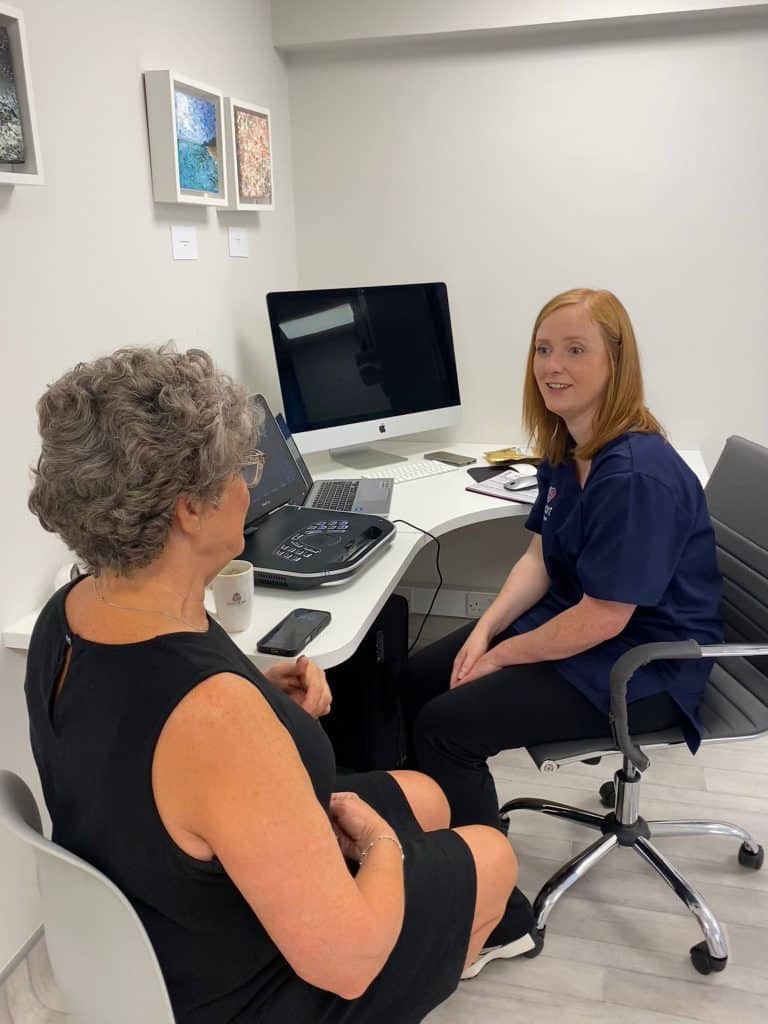
Your Heart is Your Best Team-mate
According to the World Heart Federation, cardiovascular disease claims over 20.5 million lives each year, many of them preventable through lifestyle changes, education, and early diagnosis.
Hormones play a significant role in cardiovascular health — particularly for women. After menopause, the drop in oestrogen can increase the risk of heart disease, and symptoms of a heart attack are often more subtle or ‘atypical’ compared to men. For women in sport, checking in on your heart now could make the difference between a thriving career and a missed beat.
Screening for Sports Clubs and Teams
Heart Health Hub offers a wide range of non-invasive cardiac services, including:
- ECG (Electrocardiogram): Assesses heart rhythm
- Echocardiogram (Heart Ultrasound): Checks heart structure and function
- 24-hour Holter Monitoring: Continuous tracking for irregular rhythms
- Blood Pressure Checks and Monitoring
- Cardiovascular Rehabilitation Courses for recovery and prevention
These services are offered without the need for a GP referral, making early detection faster and more accessible. As a fully mobile service, Heart Health Hub brings professional cardiac care directly to your training ground, club, or event.
“We’ve worked with teams like Linfield FC, and we’re proud to support both men’s and women’s squads with specialist heart health screenings that fit into their performance plans,” says Heart Health Hub’s Charlotte Currie.
As well as being fully mobile, clinics currently operate in Dundonald, Holywood, and Bangor, in collaboration with Belfast-based Cardiologist Dr. Peter McKavanagh.
Simple home check – Find your pulse and get to know it!
Checking your pulse is a quick and simple way to get an idea of how your heart is doing. Your pulse is the number of times your heart beats per minute (BPM). Here’s how to do it yourself:
1. Choose a Pulse Point
The easiest places to find your pulse are: Wrist (radial pulse): On the inside of your wrist, below your thumb or Neck (carotid pulse): On the side of your neck, just beside your windpipe.
2. Use Two Fingers: Use the tips of your index and middle finger (not your thumb, as it has its own pulse). Press gently against the pulse point until you feel the beat.
3. Count the Beats: Once you feel a steady pulse, count the beats for 30 second. Multiply that number by 2 to get your heart rate in beats per minute (BPM).
Example: If you count 36 beats in 30 seconds, your pulse is 72 BPM.
4. What’s Normal?
- Adults: 60 to 100 BPM at rest is normal.
- Athletes: May have a resting heart rate closer to 40–60 BPM.
- Over 100 BPM (at rest) may be a sign of stress, dehydration, or a heart issue — especially if persistent.
- Under 60 BPM may be normal for fit individuals, but should be checked if accompanied by dizziness, fatigue, or fainting.
5. When to Seek Help
- A consistently high or low resting heart rate
- Irregular rhythm (skipping beats, fluttering)
- Symptoms like chest pain, shortness of breath, or dizziness
Special Offer for World Heart Day 2025
To mark World Heart Day, Heart Health Hub is offering:
- Free blood pressure checks with all appointments throughout October 2025 when you quote “LOCAL1” at booking
- Access to free heart health resources at hearthealthhub.co.uk
To book a private, team, or workplace screening, email info@hearthealthub.org, visit www.hearthealthhub.co.uk or call 07708 689 022.
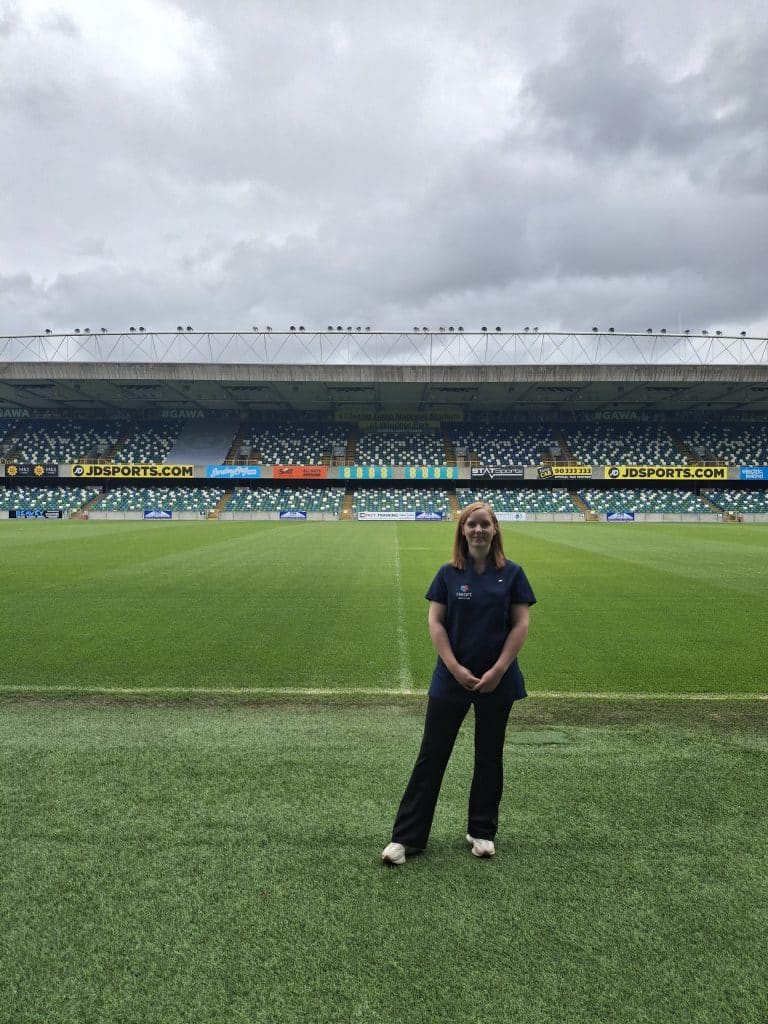
Charlotte Currie has worked with Linfield FC
